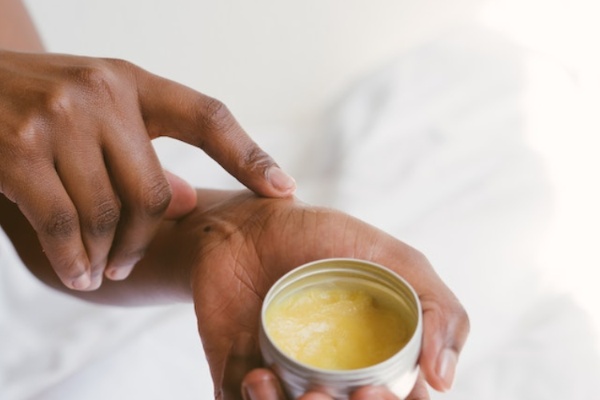Skin care comprises a range of routines that aid skin integrity, relieve skin conditions, and enhance its appearance. Taking care of the skin, the body’s biggest organ, includes avoiding excess sun exposure, using ointments, and proper nutrition.
But no matter how much you care for your skin, some conditions can occasionally pop up. These conditions, like acne, eczema, rashes, melasma, etc., can be caused by infections, existing skin conditions, or allergies. Such problems are the reason you should take your skin care seriously.
Healthy Skin Care Tips You Can Practice
Avoid Stress
Stress upsets the body and affects hormones, which can lead to breakouts. Understanding your body and avoiding stressful activities that affect your skin and body in general is vital.
Avoid Smoking
Smoking is known to make one’s skin look older. According to UHC, smoking is not good for elastin and collagen, which are essential fibers that give the skin its elasticity.
Hydration is a Vital Skin Care Tip
Hydration helps reduce the appearance of wrinkles and fine lines by improving skin elasticity. Drinking enough water helps protect the skin from harmful sun rays, control oil production, and reduce the chances of breakouts.
Sun Protection Fosters Skin Care
Research has shown that vitamin D, obtained from morning sun exposure, is good for the skin. But you need to understand that too much sun exposure can facilitate age spots and wrinkles and increase the chances of skin cancer.
Always apply sunscreen, take breaks under shade, and wear protective clothing to avoid this situation. Protecting your skin from harmful rays is one of the best skin care tips.
Healthy Eating
Human biology is different for everyone. You need to understand what your allergies are and avoid triggering them completely. For instance, some foods like sugar or dairy can trigger a skin reaction like acne.
See a Dermatologist
Relax! You should see a dermatologist once you spot any unusual changes on your skin. It’s advised to always run a routine check on your skin every month. Contact a qualified skin expert immediately if you notice a growth, mole, sore, or spot.





